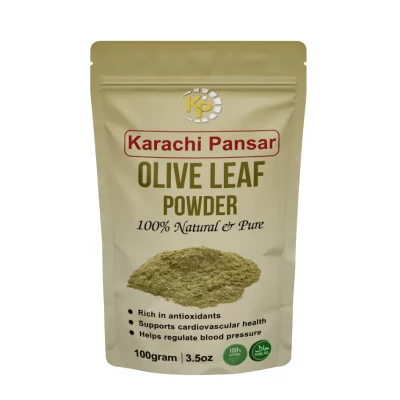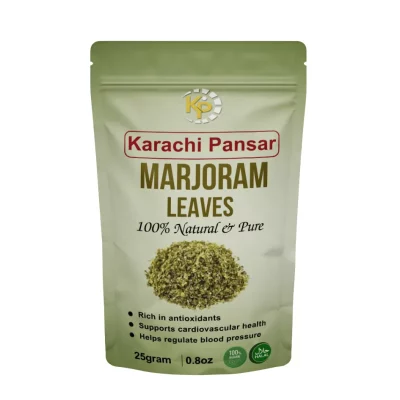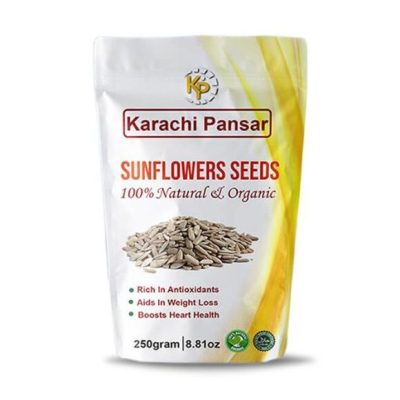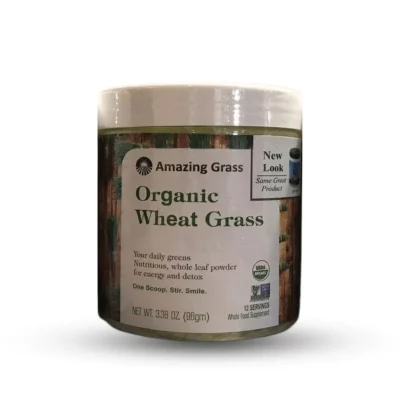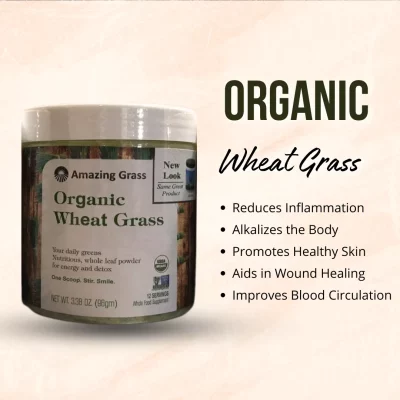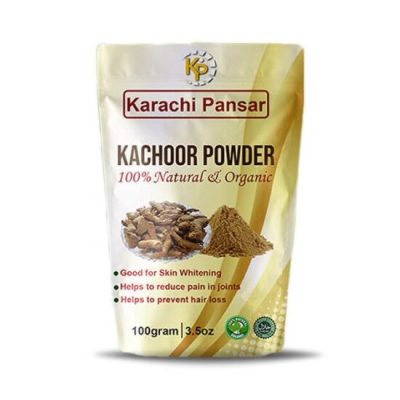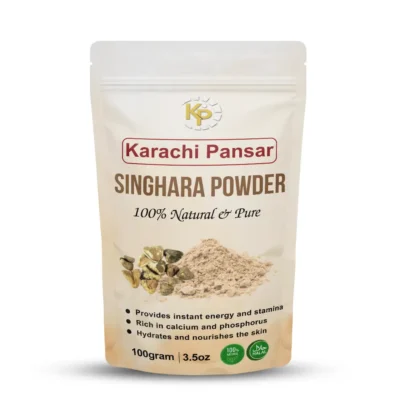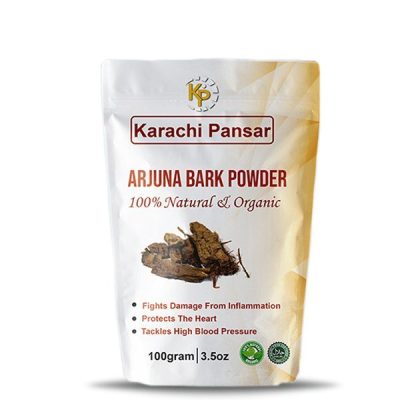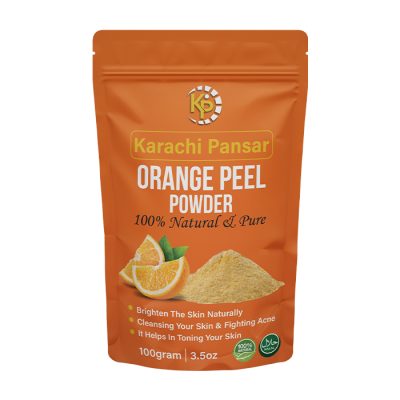Basil leaves, known scientifically as Ocimum basilicum, are fragrant, vibrant green leaves that belong to the mint family. They are widely used in various culinary, medicinal, and cultural contexts around the world.
With a sweet, slightly peppery flavor and a pleasant aroma, basil leaves are a staple in many cuisines, particularly in Mediterranean and Asian dishes. They can be used fresh, dried, or even as an essential oil. The leaves vary in size, ranging from small to large, and are typically oval-shaped with a smooth texture.
Beyond their culinary use, basil leaves have been recognized for their potential health benefits. They are rich in antioxidants, vitamins (such as vitamin K), and essential oils like eugenol, which contribute to their various medicinal properties. Basil leaves have been associated with anti-inflammatory, antimicrobial, and adaptogenic properties, making them a popular ingredient in traditional herbal remedies.
Uses & Health Benefits:
Basil leaves, also known as Ocimum basilicum, are prized for their culinary and medicinal properties. Here’s a comprehensive list of key benefits they offer:
- Rich in Antioxidants: Basil is a potent source of antioxidants, which help neutralize free radicals and reduce oxidative stress.
- Anti-Inflammatory Properties: The compounds in basil, such as eugenol, can help combat inflammation and related health issues.
- Digestive Health: Basil can aid digestion, ease bloating, and soothe stomach cramps.
- Immune Support: The vitamins and minerals in basil contribute to a stronger immune system.
- Stress Reduction: Basil’s aroma and compounds like linalool can have a calming effect, helping to reduce stress and anxiety.
- Heart Health: Basil contains nutrients that support cardiovascular health, including potassium, magnesium, and flavonoids.
- Blood Sugar Management: Basil may help regulate blood sugar levels and improve insulin sensitivity.
- Antimicrobial Properties: The essential oils in basil have natural antimicrobial and antibacterial effects.
- Respiratory Health: Basil’s anti-inflammatory properties can aid in managing respiratory conditions like asthma.
- Skin Health: Basil’s antioxidants can promote healthy skin by fighting signs of aging and supporting overall skin vitality.
- Eye Health: The beta-carotene in basil is beneficial for maintaining good eye health.
- Cognitive Function: Certain compounds in basil, such as flavonoids and essential oils, may support cognitive function and memory.
- Bone Health: Basil is a source of vitamin K, which is important for bone health and blood clotting.
- Aids Detoxification: Basil can support the body’s natural detoxification processes, thanks to its antioxidants and nutrients.
- Anti-Cancer Potential: Some studies suggest that compounds in basil may have anti-cancer properties.
How to use?
Using basil leaves is a wonderful way to add flavor and aroma to a variety of dishes. Here are some easy and delicious ways to incorporate basil leaves into your cooking:
- Fresh Basil in Salads:
- Tear or chop fresh basil leaves and toss them into green salads or pasta salads for a burst of freshness and flavor.
- Basil Pesto:
- Blend fresh basil leaves with garlic, pine nuts, Parmesan cheese, and olive oil to make a classic basil pesto sauce. Serve it over pasta, spread it on sandwiches, or use it as a dip for bread.
- Caprese Salad:
- Layer fresh basil leaves, sliced tomatoes, and fresh mozzarella cheese on a plate. Drizzle with balsamic glaze and olive oil for a simple and elegant appetizer or side dish.
- Infused Water or Beverages:
- Add a few fresh basil leaves to a pitcher of water, lemonade, or iced tea for a refreshing and aromatic twist.
- Basil Butter:
- Mix finely chopped basil leaves with softened butter, salt, and pepper. Use it as a spread for bread, corn on the cob, or grilled vegetables.
- Tomato Basil Soup:
- Stir chopped basil leaves into homemade or store-bought tomato soup for a vibrant flavor boost.
- Basil Oil:
- Infuse olive oil with basil leaves by heating the oil and basil leaves gently in a saucepan. Let it cool, then strain out the leaves. Use the basil-infused oil for drizzling over salads, pasta, or grilled vegetables.
- Basil Vinegar:
- Add fresh basil leaves to a bottle of white or red wine vinegar. Let it infuse for a few weeks, then strain out the leaves. Use the basil-infused vinegar in salad dressings or marinades.
Note:
The information is for educational purposes only. This information has not been evaluated by the Food and Drug Administration.
This information is not intended to diagnose, treat, cure, or prevent any disease.




